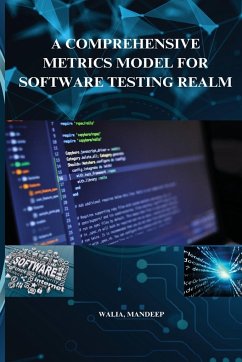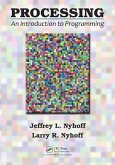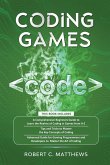Software Testing is the process of evaluating a system or its component(s) with the intent to find whether it satisfies the specified requirements or not. This activity results in actual, expected and difference between their results. In simple words, testing is executing a system in order to identify any gaps, errors or missing requirements in contrary to the actual requirements. Testing is essential to ensure that a quality software product is delivered to its intended customers on time and within budget. Software Testing holds a greater significance in overall Software Engineering life cycle It's a well-known fact that adoption of metrics in software projects helps their managers make informed decisions, enabling them run these projects more smoothly and on the path of continuous improvement. A wide variety of software metrics focusing on various levels of abstraction and attributes have been recommended by the software research community. Several organizations have implemented comprehensive metrics programs to strengthen management decision-making and enable continuous improvement of their software engineering processes. Hitherto, in spite of several published successes, almost 80% of software measurement programs die down within the first 2 years of their inception. The research problem undertaken in this thesis is aimed to consolidate various metrics and indicators associated with the phases in Software Testing Life Cycle in the form of a comprehensive metrics model. The metrics model devised as an outcome of the research work encompasses existing metrics from the literature as well as new metrics that have been defined over the course of research work. The entire research effort has been executed in a step-by-step fashion. Post identification of research area and formulation of the problem at a high level, a comprehensive literature review exercise is carried out to deeply understand the advisory support available today in the field of software metrics. Information from literature and deductions made as a part of past research efforts have been thoroughly studied to gain deeper insight in to the progress made in the field and avoid any duplication of efforts. The impediments to research reported in similar research efforts have been referred to while pursuing the research at hand. In order to strengthen the findings of literature review, a pilot exercise has been conducted by selecting relevant sample set of live projects in a leading IT services organization and findings are substantiated with hard facts from industry. Direct and indirect inputs from project managers and quality managers of selected projects have been gathered to strengthen the findings further. Thorough literature review exercise along with pilot study outcome helps concretize the problem statement for the research work at hand.








